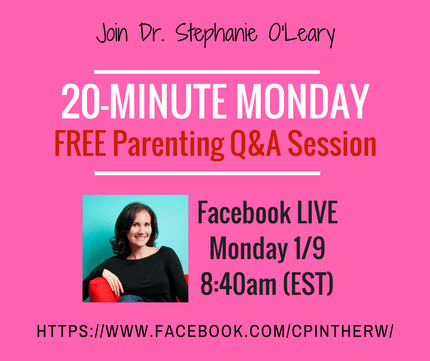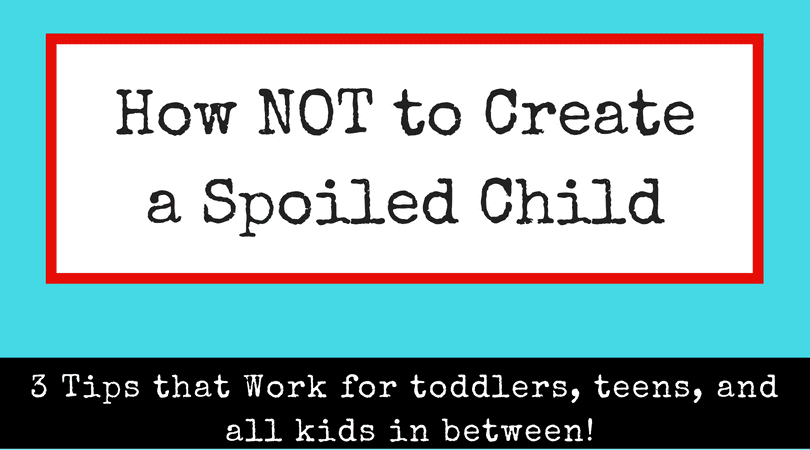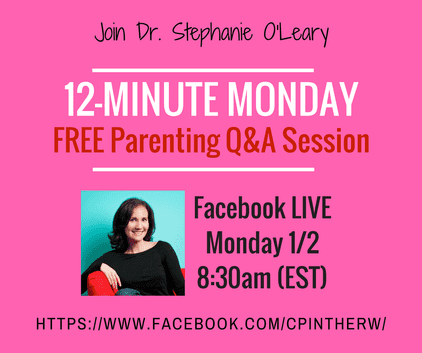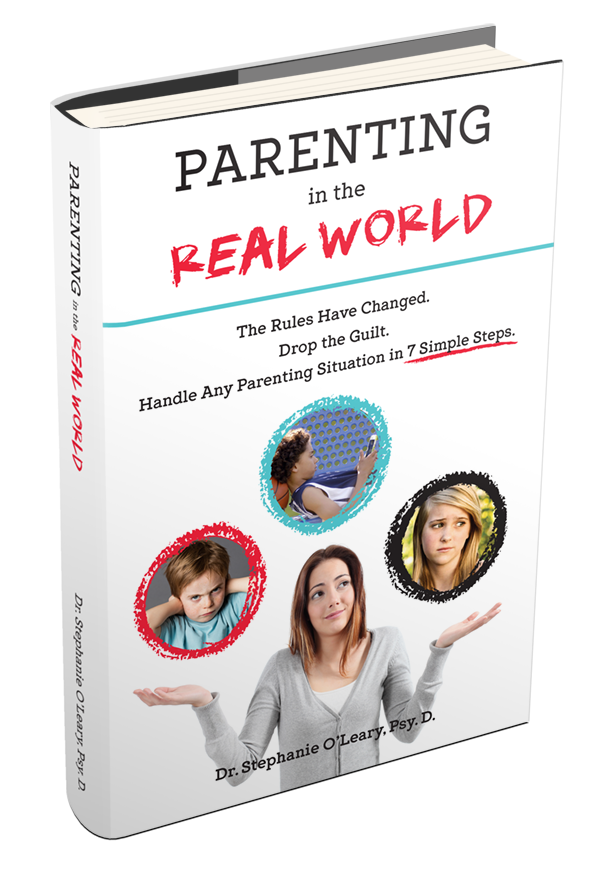Parenting Tweens: AKA, How to Cherish the Mystical Creature that Sometimes Body-Snatches Your Child.1/8/2017
Based on my personal experience, I could have titled this blog, “Who are these tweens in my house and what have they done with my adorable kids?!” But, alas, it can’t be all about me. And, my kiddos (a newly nine year old and a 12-going-on-19-year old) sometimes do show up as the most adorable versions of themselves. However, the tween phase, which spans from 8-14 years, definitely dishes out some intensity that leaves me longing for the days when I could scoop up my kids and buckle them into the car seat for a much needed “reset.” To debunk some of what’s going on with your tween and give you a roadmap to at least know what you’re up against, let’s break things down and look at tweens from the inside out.
What’s Up with Your Tween’s Brain? During the tween years, one major brain change occurs that may leave you wondering if your child has lost his or her mind. Your tween is facing the task of abandoning simple, straightforward, “concrete thinking” and practicing more “abstract” reasoning. What does this mean? It means that your child is dipping a toe, or a foot, or cannon-balling into a whole new world of thoughts and possibilities. Many of these new insights will be fantastic and exciting. Some will be terrifying and overwhelming. And, as if that’s not enough, your tween will not transition smoothly from one mindset to the other. Instead, you’ll watch as your child teeters back and forth between maturity and fart jokes or infantile silliness…often scratching your head wondering which version of your child will come to the dinner table. How to Parent Through This:
What’s Up with Your Tween’s Feelings? Getting back on the roller coaster, let’s talk about emotions. We can’t have a discussion about the transition from childhood to adolescence without mentioning hormones. These powerful substances pump through your tween’s body and trigger a host of shifts and changes that impact far more than height, hair growth, and body odor. Mood swings are bound to happen. You know, those bouts of crying, irritability, irrational anger, or sulking that leave you asking, “What did I miss?!” You’ll likely see your child begin to depart from his or her typical emotional highs and lows to new and uncharted territories all thanks to the biology of growing up. How to Parent Through This:
What’s Up with Your Tween’s Social Scene? The word tween says it all—these kids are in between. Not little enough to always pull off the playful, carefree childlike wonders of dolls and blocks and kitchen sets; not fully equipped to dive into the world of boys who like girls who like boys and “hanging out” instead of having “play dates.” And, your child’s friends are all going through this too, but at their own pace. You may see some peers who appear to be much older or more mature than your child and others who don’t seem to be interested in acknowledging the major changes that are about to happen. Your tween is trying to navigate this on a daily basis and the urge to hold onto the wonders of childhood will battle with the primal instinct to keep up with the pack because, after all, being left behind doesn’t feel good, right? How to Parent Through This:
What’s Up with Your Tween’s Body? Back to biology, things are changing. Hair is showing up in new places, which may delight or terrify your tween. Pimples and blackheads, foreign concepts that are suddenly life altering, may enter the scene. Things smell different, act different, and look different. Your tween is aware of these changes whether or not he or she is talking about them. More than that, your tween is probably well aware of the changes taking place around them, especially as gym class begins to include locker room changes and social media opens the door to a whole new world of social comparison (most of which is filtered and staged). How to Parent Through This:
JOIN Dr. Stephanie for Facebook LIVE on Monday 1/9 @ 8:40am CLICK the link. LIKE the page. Get parenting tips that work in the real world!
0 Comments
Coming off of the holiday season, it’s a great time to talk about the fact that so many kids are used to having and getting what they want much of the time. Is that a bad thing? Not necessarily. Can it lead to an attitude of entitlement and—dare I say it, creation of a spoiled child? It sure can. But don’t panic! You love your child, and so you’ll take these three pointers into consideration to get and keep things on track.
1. Don’t be afraid to talk about money If you're trying to foster an attitude of gratitude and avoid entitlement, it’s important for your child to understand that many things and experiences must be paid for. Beyond that, it’s helpful for kids to learn how money is earned, budgeted, and invested in order to provide for basic needs and save for the extras that we all enjoy. All too often, conversations about money happen in moments of frustration and involve guilt or blame (think, “I can’t believe you broke that after I just spent so much on it!” or, “I don’t know why I bother buying you nice things when you can’t take care of them!”). Kids tend to tune these interactions out and miss the message you’re trying to send, which is, “Please value what you’re given.” To get that life lesson across, take time to discuss paychecks, salaries, savings accounts, credit cards, and the basics of investing...all without disclosing specifics about your family’s finances that your child might not be mature enough to make sense of, like how much you earn or what your specific loan payments are. You might be surprised to hear your child’s perspective on what happens when you get money from the ATM or use a credit card, and clearing up misconceptions allows your child to appreciate that material items hold value and must be earned. 2. Stop doing everything for your child (even if it’s super frustrating at first) Material things aside, if your kids expect you to do every little thing for them it will be hard for them to function in the real world. It’s never too early to provide opportunities for independence or to late to send the message that your child is capable of succeeding without your undivided attention or assistance. For younger kids, take a breath and let them get their own snack, pick their own outfit, and gather their own belongings even if it’s frustrating, messier, and slower than it would be if you stepped in and took over. For older kids, especially those who are reliant on you for most things, prepare for some backlash and discomfort as you pull back and ask them to meet their own needs some (or most) of the time. Don’t get me wrong, as a parent you will always be there to assist as needed, and helping your child move toward self-reliance is not about abandonment or neglect. It’s about allowing your child to appreciate the effort and energy that goes into assisting others while building confidence and self-esteem. 3. Set limits At some point, your child will have to cope with the fact that—in the real world—you can’t always have what you want when you want it. Is this a fun concept to discover? Not at all, but it’s necessary. It’s real life. Plus, it’s important for your child to learn that when you ask for help, give a directive, or say no, it’s not because you are trying to make things hard or be mean. The best way to make this happen is to decide on your stance and then communicate it calmly and clearly. So, instead of a loaded sigh followed by an eye-roll or an exasperated, “Do what you want!” try, “I’m frustrated that you’re asking me this before you cleaned up like I asked you to. Please clean up and then we can talk about it.” Also, keep in mind that setting limits is not about punishing your child or being a drill sergeant. You can be creative as you set limits and brainstorm with your child about how he or she can earn things they desire. Final thought, don’t be afraid to say no and mean it. Sometimes there’s just no way to sugarcoat your decision or use humor to help make it easier to swallow. When this happens, it’s okay for your child to be upset or disappointed because you are doing what you truly believe is best.
JOIN Dr. Stephaniefor Facebook LIVE on
Monday 1/2 @ 8:30am CLICK the link. LIKE the page. Get parenting tips that work in the real world! |
Stephanie O'Leary, Psy.D.
Sharing practical strategies that help parents rediscover joy in their children (even when someone's crying, the phone is ringing, and it smells like the house may be burning down) Archives
October 2017
Categories |






 RSS Feed
RSS Feed